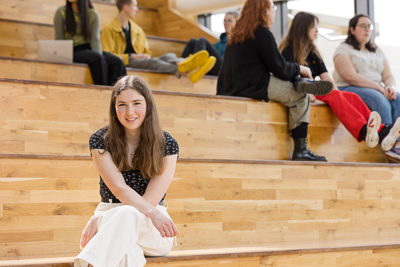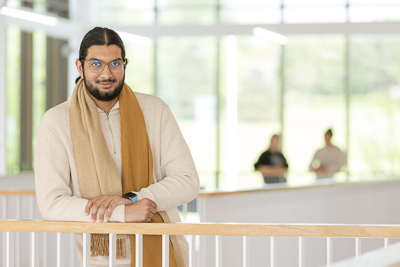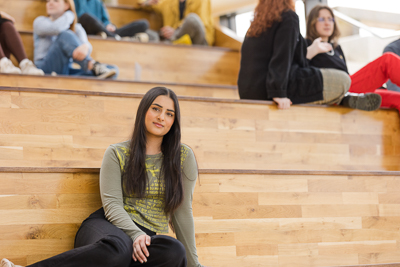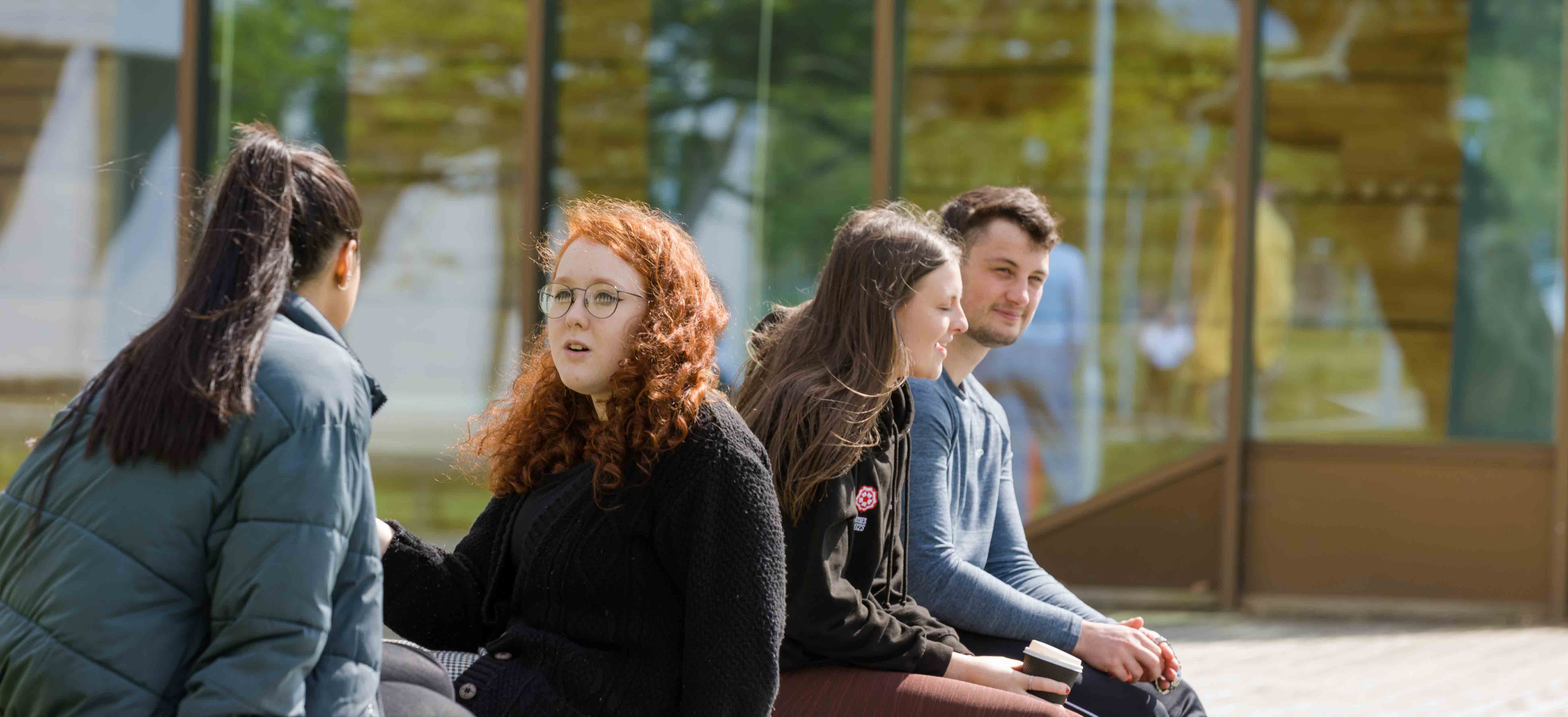
Your transition to Medical School
Every path is different and no matter how much time you’ve spent preparing to become a medical student, you’re likely to encounter some things you never anticipated. Read about the experiences of some of our current students, and what they wish they’d known before coming to Lancaster Medical School.
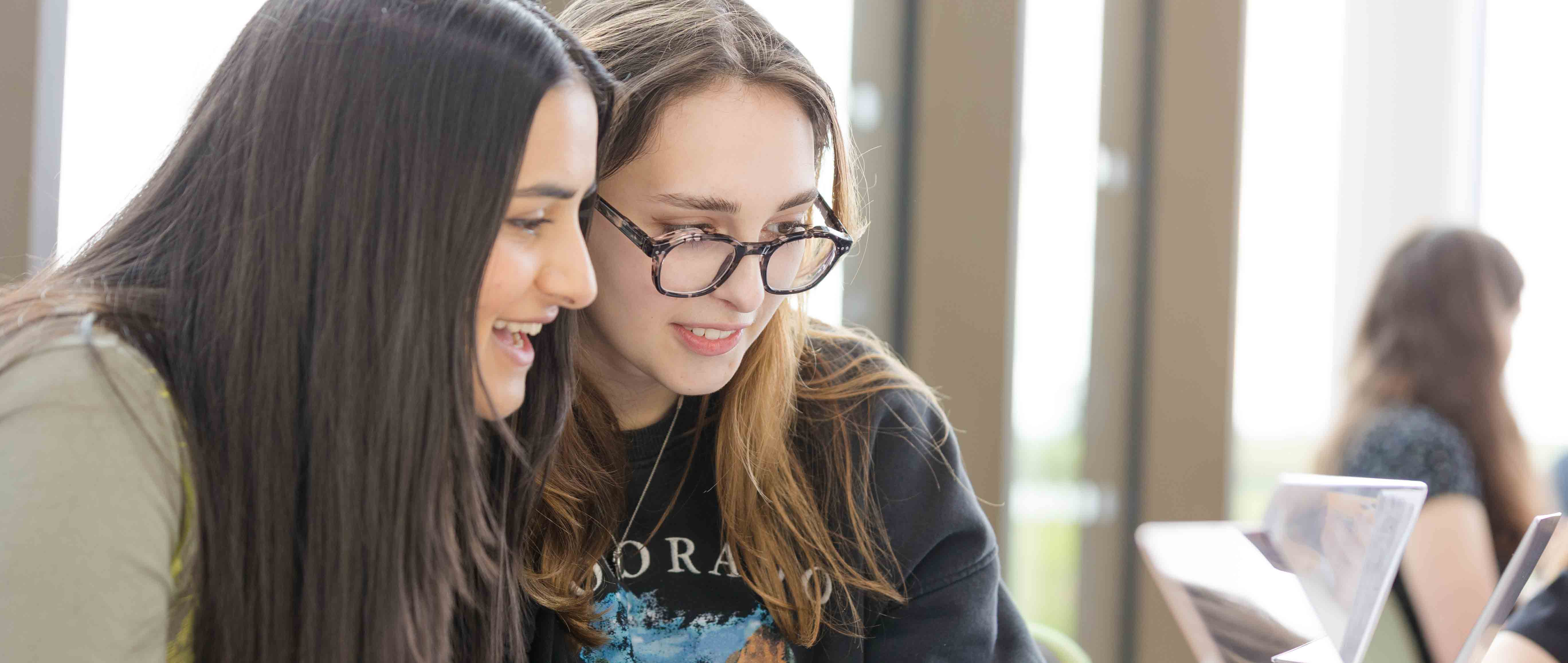
Welcome to Medicine and Surgery at Lancaster Medical School
Let our students show you what studying Medicine and Surgery at Lancaster Medical School is really like. From the sense of awe at some of their learning experiences, the way the Medical School supports them, to the friendships they make, this short film tries to put you in their shoes.


